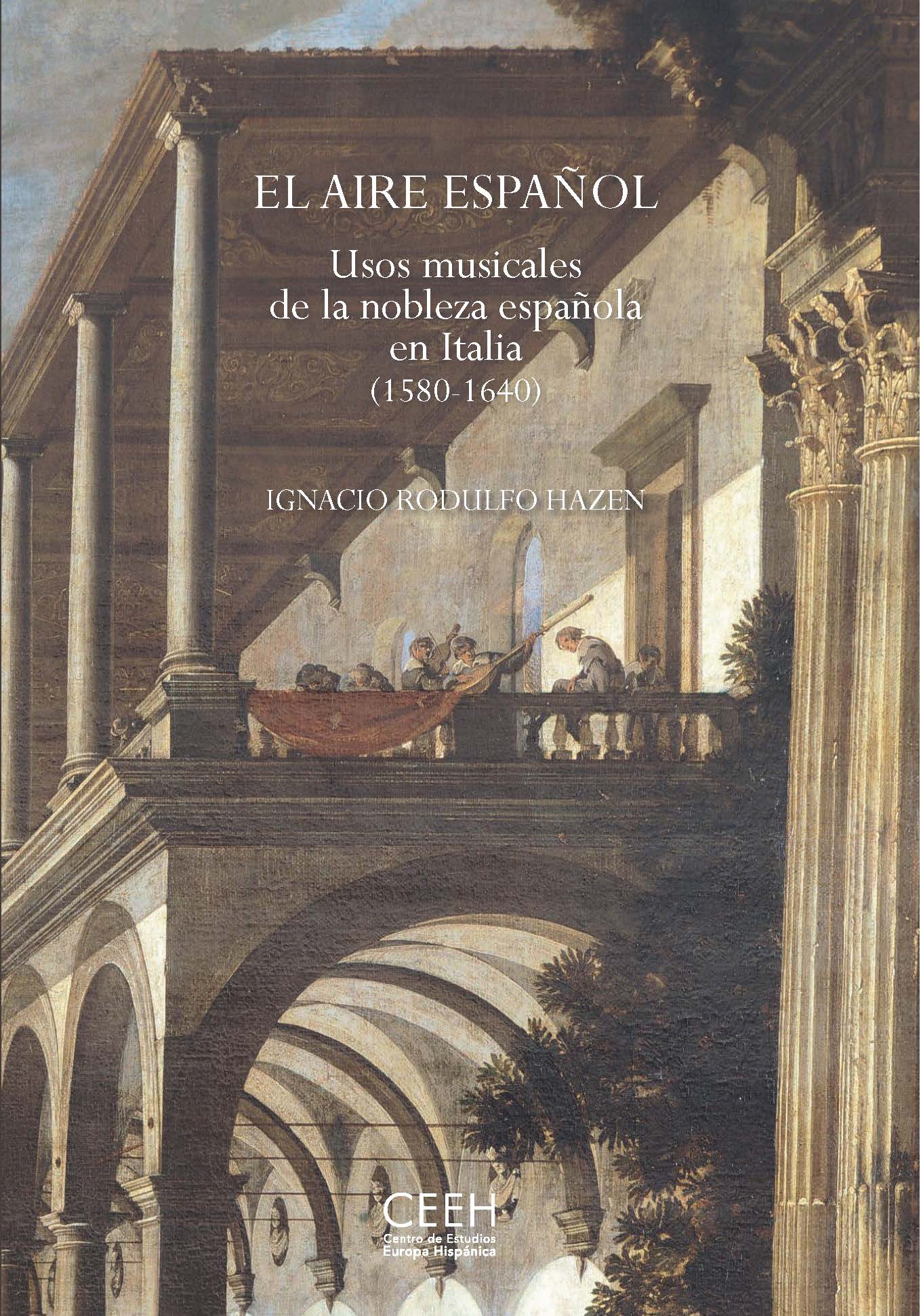Author
Ignacio Rodulfo Hazen
Characteristics
320 pages; 112 color illustrations; flapped paperback; 17 x 24,5 cm
Publication
Spanish; 2023
ISBN
978-84-18760-10-5
Price
€27,89
Buy on our site and save 5% on this book until April 30
(coupon code: DÍA DEL LIBRO)
In the late 1500s, by which time the Spanish Monarchy was well established on both sides of the Atlantic, a group of young aristocrats, poets, actors and musicians steered Spanish customs and arts in a new direction. The new culture of love, the rediscovery of popular tradition, the incorporation of black and gypsy people, and a nascent New World sentiment flourished in Golden Age artistic life, giving rise to a specifically Spanish style of entertainment and pleasure. Above all it was a way of singing, dancing and performing plays that was soon appreciated and imitated throughout much of Europe, especially in Italy, where it came to inspire some of the main innovations of the Baroque. This Spanish ‘air’ was contemporaneous with the black legend, proving that there was not only distortion and propaganda but also a current of mutual admiration and exchange without which neither European relations of the Early Modern Age nor the mark left by Spain on the continent can be understood. The phenomenon was one of the ‘most important, most profound and most original in the history of Spain’ according to Ortega, but insufficient attention has been paid to it because it does not fit in with the paths most explored by historians. El aire español is above all the intimate history of several generations of sixteenth- and seventeenth-century ambassadors, viceroys and artists who divided their time between Madrid, Seville, Rome and Naples and – some unwittingly, others fully consciously – changed how Spain was viewed by the world.
Ignacio Rodulfo Hazen, who holds a PhD in modern history from the Universidad Complutense in Madrid, is a postdoctoral fellow at the University of Naples Federico II as well as an actor, musical codirector and historical advisor at the theatre company For the Fun of It, involved in the staging of La Crítica del Amor, Oro y Plata de Ramón (of which he is co-author together with Antonio Castillo Algarra), Más acá de los romances and Don Juan desde Don Juan. He is secretary of the Asociación para la Libertad y las Artes Príncipe Baltasar Carlos and an advisory member of the board of trustees of the Teatro Real in Madrid.

